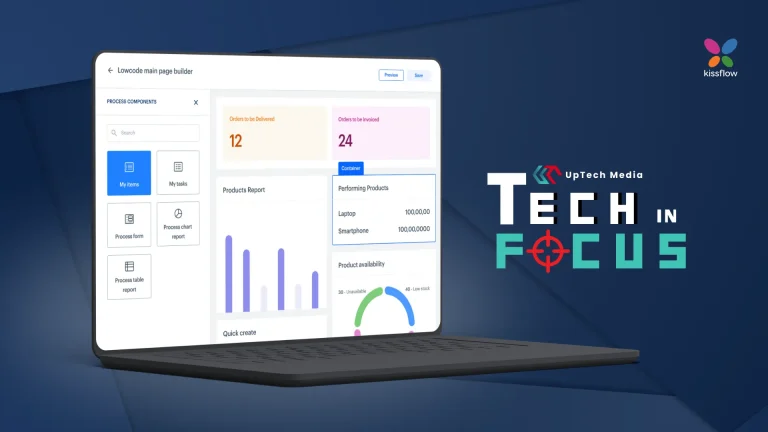Singapore – Only 11% of chief information officers have fully implemented artificial intelligence in their businesses despite facing challenges in security and data infrastructure.
This is according to the latest report from customer relationship management firm Salesforce, citing the state of enterprise AI and challenges ahead as part of its adoption.
Key findings of the study include CIOs feeling pressure to be AI experts, noting 61% of them believing they are expected to know more about artificial intelligence than they do, and their peers at other companies are their top sources of information.
Respondents also recognise AI as a game changer, with 84% agreeing its significant impact on businesses. However, 67% are being more cautious compared to other technologies.
Furthermore, CIOs are focusing on data initiatives before diving into AI, spending a median of 20% of their budgets on data infrastructure and management, while only 5% goes to AI. Security or privacy threats and a lack of trusted data also rank as CIOs’ biggest AI fears.
Another significant finding also revealed business partners to reassess their AI timelines, stating 66% of CIOs expect to see return on investments from AI. On the other hand, 68% believe their line-of-business stakeholders have unreasonable expectations for when that ROI will occur.
Lastly, CIOs see a mismatch between departments when it comes to AI. While functions like customer service are seen as having the most AI use cases, they may be perceived as being the least prepared for the technology.
Juan Perez, CIO at Salesforce, said, “Generative AI is one of the most transformative technologies of this century. This research gives a glimpse at the foundations that CIOs across industries and geographies are laying in preparation for the rollout of truly transformational AI.”
In addition, AI use is rapidly increasing in the workplace as business stakeholders see opportunities for increased efficiency. Particularly, 77% of CIOs said they have good or excellent executive buy-in on AI’s value. Yet CIOs are concerned about their business partners’ urgency, with 68% believing there are unreasonable expectations of when they’ll see ROI from the technology, for example.
Given the transformative nature of AI, 67% of respondents also mentioned taking a more calculated approach to its implementation compared to other technologies. CIOs have no shortage of hurdles to consider when implementing AI, but those related to security and data are by far the most common.
Although safety concerns can be mitigated by choosing vendors with strong security frameworks and ethical safeguards, several interviewees across industries emphasised that the real challenge lies in ensuring the data supporting AI is up-to-date, high-quality, and easily accessible.
Recognising that they must get their data in order before they can fully embrace AI, CIOs are currently allocating, on average, four times more budget toward data initiatives.
Perez further said, “Data initiatives aren’t new, but they’re at an unprecedented level of urgency and prioritisation. Nearly every company I speak with is shifting resources to ensure their data is integrated, accessible, and relevant.”
Despite the potential of AI, CIOs remain uncertain about how much budget to dedicate to it at this early stage. Only 47% feel confident that they’ve allocated the right amount to AI projects.
Additionally, it was also observed that many CIOs struggle to identify where to prioritise AI. According to the firm, this is especially true given the novelty of AI and a lack of understanding, or even fear, of the technology across departments.
Some CIOs also find that said mismatch between AI business value, enthusiasm, and readiness requires a more surgical approach to the technology’s implementation across the enterprise.
Jeff Amann, EVP & GM at Salesforce Industries, also shared, “Leaders have a unique opportunity to showcase AI across their enterprises and to demonstrate to skeptical employees that AI can help — not hinder — their work. Effective enablement is critical to empower those employees with the necessary skills, tools, and guidelines to drive tangible value so their organisations can begin to trust AI and believe in the power it delivers.”
Perez then concluded, “This is the perfect opportunity for knowledge sharing. Today’s CIOs haven’t experienced many technology shifts this consequential in their careers until now. We’re all navigating this revolution in real time, and it’s critical that we share our learnings with each other so we build not just successful AI enterprises, but a successful AI economy.”











